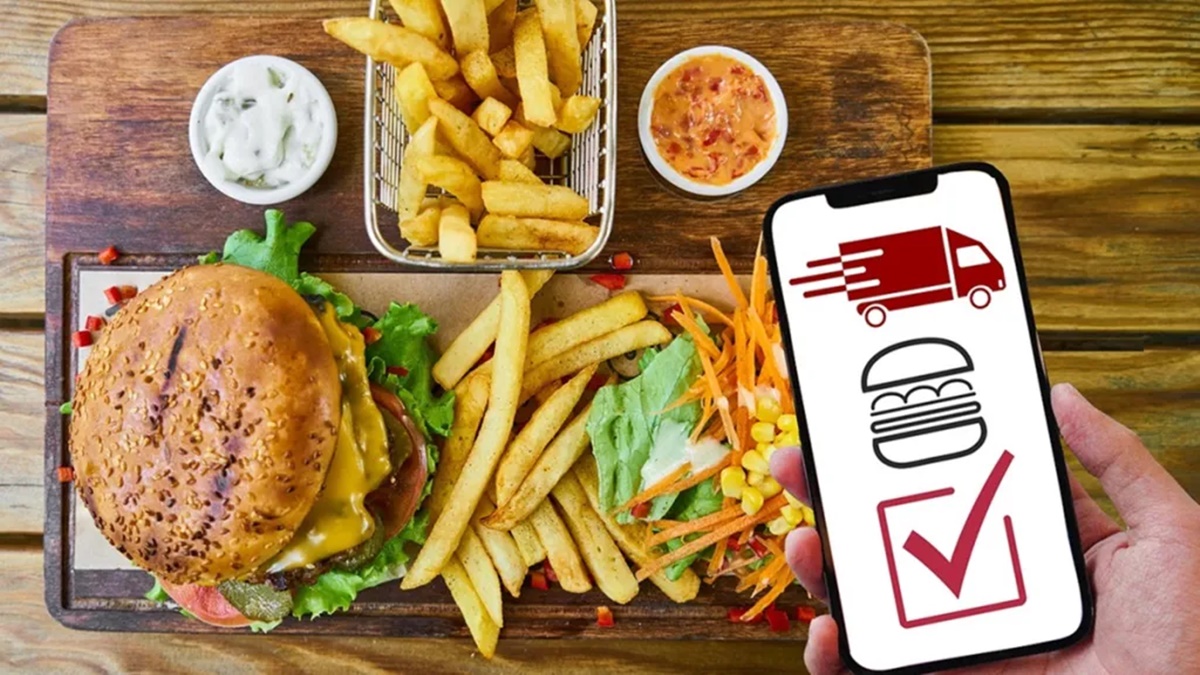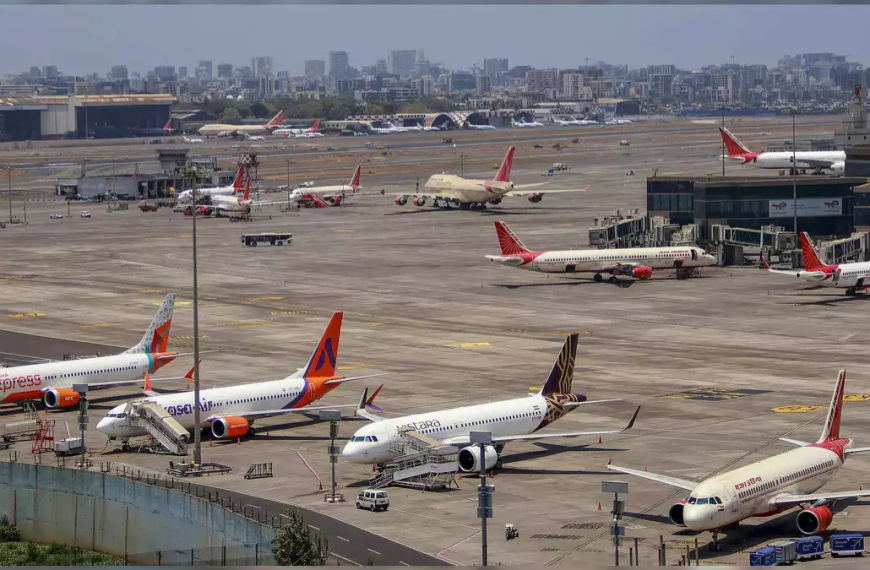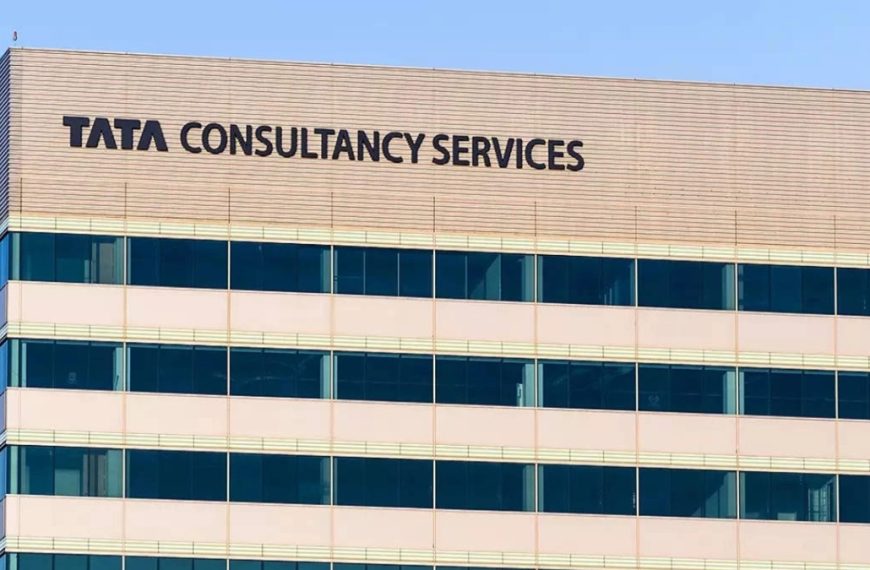The quick-service restaurant (QSR) sector, which has faced sluggish sales recently, is anticipated to rebound in FY26, driven by urban recovery, according to industry experts and leading executives. The new fiscal measures introduced in the latest Budget, emphasizing affordable meal options and a strategy to avoid price increases, are expected to play a significant role in this projected growth.
Factors Contributing to QSR Growth in FY26
- Fiscal Stimulus: The recent Budget has introduced initiatives that are aimed at enhancing consumer spending power.
- Value Meal Focus: Many QSRs are prioritizing value meals, making dining out more affordable for consumers.
- Low Base Effect: A favorable base effect is set to kick in from FY26, further supporting sales growth.
Sameer Khetarpal, Managing Director and CEO of Jubilant FoodWorks, noted, “For ten consecutive quarters, we made a deliberate choice not to raise prices. This strategy has helped us make our offerings more accessible, ultimately increasing our market share.” He confirmed that this approach would continue into FY26 to maintain the company’s growth momentum, which includes well-known brands such as Domino’s Pizza, Dunkin’, and Popeyes.
Positive Outlook for KFC and Pizza Hut
Sanjay Purohit, CEO of Sapphire Foods, expressed optimism about the outlook for KFC and Pizza Hut in FY26, following two years marked by same-store sales declines. He mentioned that the company is enhancing its focus on value offerings and plans to introduce more products priced at Rs 99.
Recent sales data shows that companies like Jubilant FoodWorks, Westlife FoodWorld (operating McDonald’s stores), and Sapphire Foods have experienced a sales increase starting from the December quarter of FY25. This trend is expected to gain momentum as fiscal measures roll out from April to June of FY26.
Strong Demand for Fast Food
Analysts at Goldman Sachs believe that the demand for fast-food chains is on the rise, driven by improved affordability and a resurgence in dine-in sales. They predict this trend will intensify in FY26 as discretionary income rises due to personal income tax cuts. According to their report, QSRs have strategically reduced the number of new restaurant openings in favor of focusing on demand generation, a sentiment echoed by Manish Dawar, CFO of Devyani International, which franchises KFC and Pizza Hut.
Dawar noted that while the company surpassed the 2,000-store milestone in December FY25, its current strategy prioritizes smaller outlets with quicker payback periods rather than aggressive expansion. As discretionary spending is projected to rise in FY26, the focus will remain on value meals and attractive consumer offers for both dine-in and delivery services.
Conclusion: A Bright Future for QSRs
Brokerage firm Motilal Oswal highlighted that QSR players are better equipped to cater to consumers’ affordability needs, thanks to their increased emphasis on value offerings, even amidst challenges posed by food inflation.
As we look ahead, the QSR sector is positioned for a promising recovery, with strategic decisions made now likely to pay dividends in the coming fiscal year.











